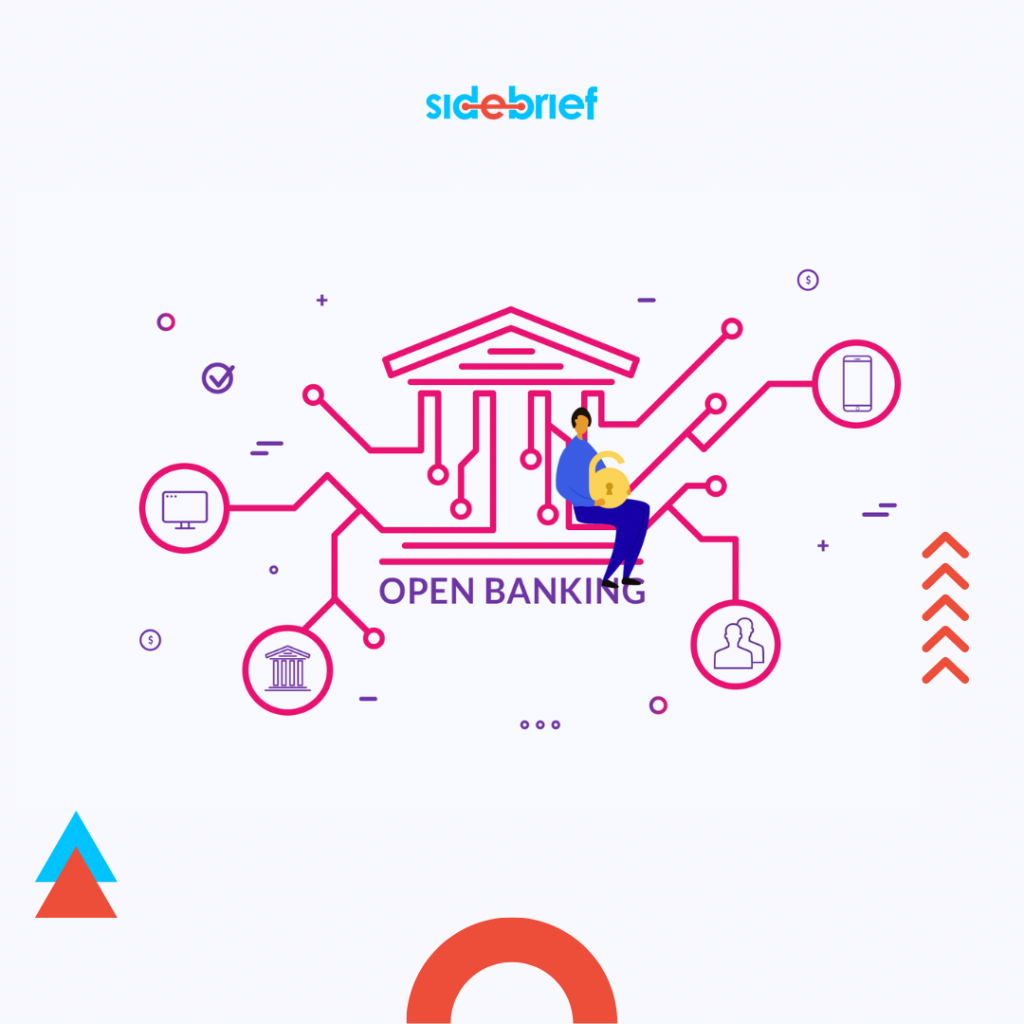The Central Bank of Nigeria has been working towards creating an open banking system in the country. For the past two years, the CBN has published various regulations on open banking, which are to regulate the activities in the industry. The introduction of open banking will help increase data sharing across banking and payment sectors.

Is open banking operational in Nigeria?
The central bank of Nigeria is currently working towards the implementation of an open banking system in Nigeria. Hence, the CBN released the operational guidelines for open banking in Nigeria in May 2022. This is a highly commendable feat as financial institutions, fintech start-ups, industry stakeholders, and others look forward to its full implementation.
What is the open banking process?
Open banking is the concept that financial and non-financial companies should be able to easily share information about their customers, with the customers’ permission, to make more useful and competitive services for customers. Application programming interfaces (APIs), which are software programs that act as digital plugs for requesting and sending data, are used to share customer information.
This new banking system can change the financial services industry for everyone, from customers to traditional banks to regulators. It’s a big change from a closed model to one where data can be shared between different parts of the banking ecosystem as long as the customer gives consent.
Who are the parties in an open banking system?
There are various parties involved in the opening of banking operations; they are:
- The Central Bank of Nigeria: This is the regulator and has a fatherly role in approving the open banking system. CBN offers licenses to API providers and API consumers to operate in an open banking system.
- The API Providers: These are the financial institutions that share data with other institutions. Examples include banks, insurance companies, among others, etc.
- The API Consumers: These are the participants that use or have access to the data released by the API Providers. For instance, fintech companies.
- Customers: These are the owners of the data and information released by API providers to API consumers. The customers must have given consent to the API providers to transfer their data.
What is the purpose of open banking?
- Open banking is a key driver of new ideas in the banking business as it provides a centralized network where people who use financial services can share their financial information with other financial organizations in a safe way.
- Open banking can improve competition between fintech companies as customers have access to more personalized financial products and services that suit them.
- By using interconnected accounts, open banking could help lenders get a more accurate picture of a consumer’s financial situation and risk level. This would allow them to offer better lending terms. It could also help people get a clearer picture of their finances before taking on debt.
What problem does open banking solve?
- It helps to reduce the poor trust customers have for traditional commercial banks
- It reduces the tight data friction in the banking industry
- It improves services and increases product options for customers
- It enables lenders to obtain a more accurate picture of a consumer’s financial situation and risk level, allowing them to offer more profitable loan terms.
Open banking operations will ride the wave and improve the fintech space with various innovations and financial products. This system is about to change the market structure and improve Nigeria as a top business environment accessible for doing business with ease.
Read more on the CBN framework for Open Banking in Nigeria
Sidebrief
Sidebrief is a RegTech startup that makes business registration and compliance easy for founders, entrepreneurs, and business owners across Africa by removing lengthy paperwork, complexity, and hidden fees. We provide the tools for founders to start and scale businesses across borders from a single interface.
Email – [email protected]
Mobile and Whats App Business – +234 901 808 1296
